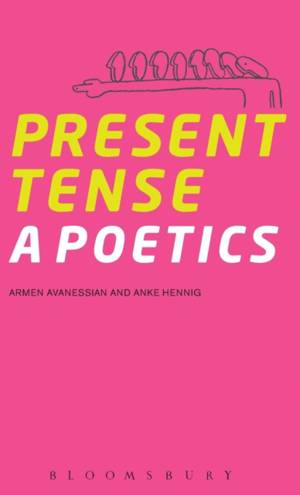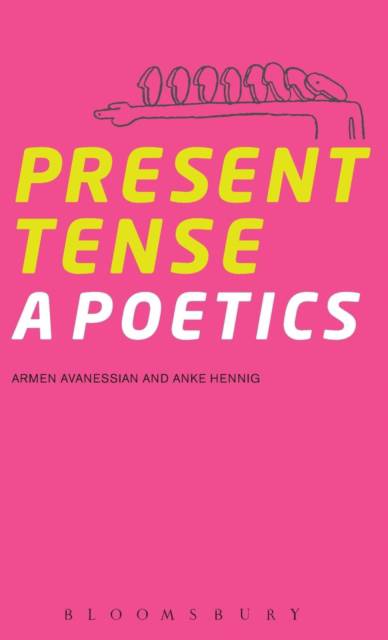
- Afhalen na 1 uur in een winkel met voorraad
- Gratis thuislevering in België vanaf € 30
- Ruim aanbod met 7 miljoen producten
- Afhalen na 1 uur in een winkel met voorraad
- Gratis thuislevering in België vanaf € 30
- Ruim aanbod met 7 miljoen producten
Omschrijving
The invention of the present-tense novel is a literary event whose importance is on par with the discovery of perspective in painting. From the first novels shaped by interior monologues and the use of the present tense in the tradition of modernism, the present tense has, over the course of its century-long evolution, changed the conditions of fictional narration, along with our conceptions of time in a philosophical and linguistic framework. Indeed, to understand the work of an increasing number of contemporary writers - J.M. Coetzee, Tom McCarthy, Thomas Pynchon, to name only a few - it is necessary to both understand the distinct linguistic and literary qualities of the present tense as well as its historical transformation into a genuine tense of contemporary storytelling.
For the first time in literary scholarship, Present Tense: A Poetics offers an account of a profound development in 20th- and 21st-century fiction.Specificaties
Betrokkenen
- Auteur(s):
- Uitgeverij:
Inhoud
- Aantal bladzijden:
- 304
- Taal:
- Engels
Eigenschappen
- Productcode (EAN):
- 9781628927658
- Verschijningsdatum:
- 24/09/2015
- Uitvoering:
- Hardcover
- Formaat:
- Genaaid
- Afmetingen:
- 140 mm x 216 mm
- Gewicht:
- 494 g

Alleen bij Standaard Boekhandel
Beoordelingen
We publiceren alleen reviews die voldoen aan de voorwaarden voor reviews. Bekijk onze voorwaarden voor reviews.







